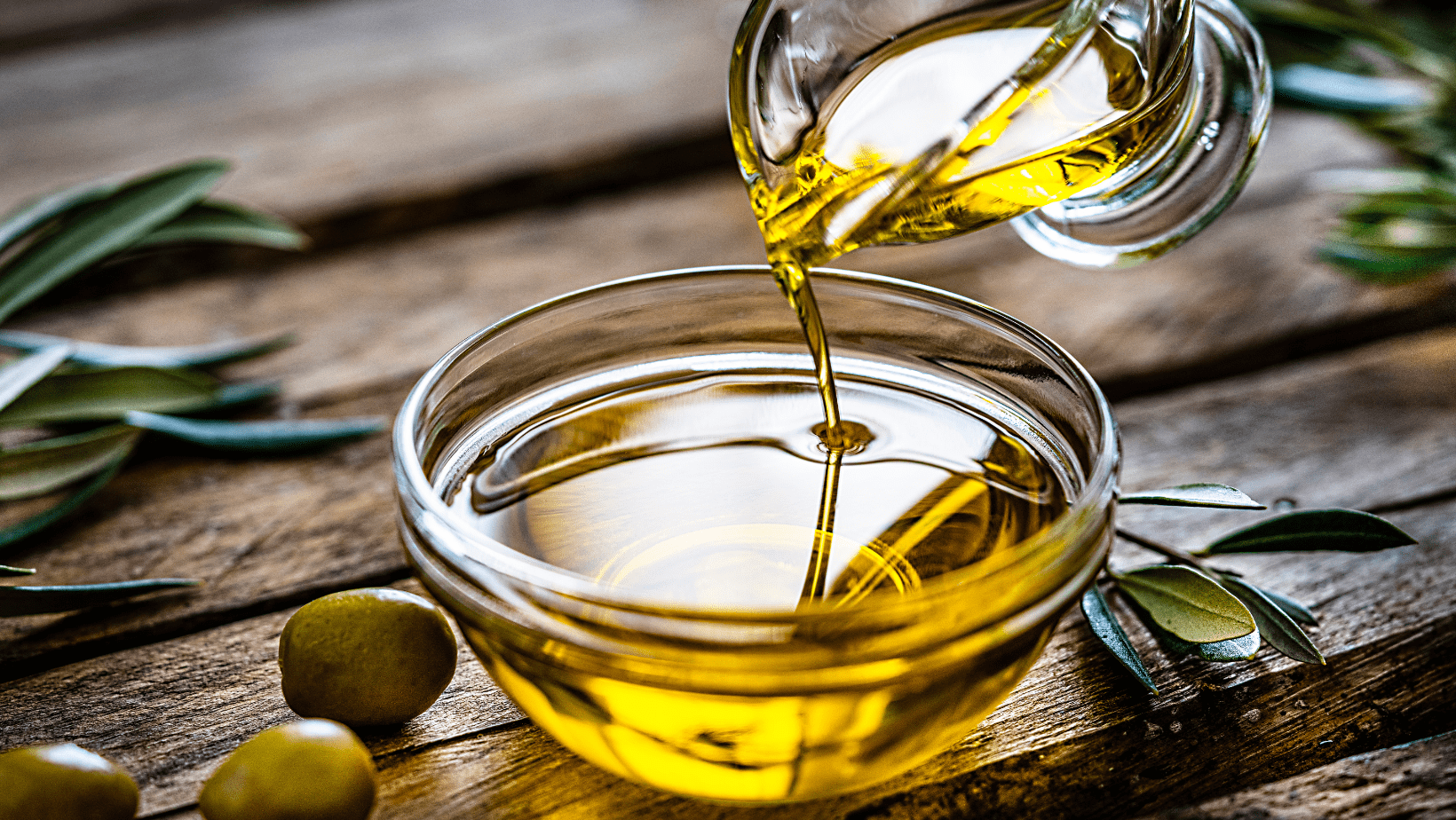Introduction
In the world of cooking, selecting the right oil can make a significant difference in the taste and healthiness of your meals. While there’s a wide array of cooking oils available, nutritionists recommend certain ones for their health benefits. These oils not only enhance the flavor of your dishes but also contribute to your overall well-being. In this blog post, we’ll explore seven healthy oils that nutritionists endorse for various cooking methods.
Extra Virgin Olive Oil
Extra virgin olive oil (EVOO) is a staple in Mediterranean cuisine and a favorite among nutritionists for its numerous health benefits. Rich in monounsaturated fats and antioxidants, EVOO can help reduce the risk of heart disease, lower inflammation, and improve cholesterol levels. It’s best used for sautéing, salad dressings, and drizzling over cooked dishes for added flavor.
Coconut Oil
Coconut oil is known for its distinct tropical flavor and unique health benefits. This oil is rich in medium-chain triglycerides (MCTs), which can boost metabolism and provide a quick source of energy. Nutritionists recommend using coconut oil for baking, stir-frying, and cooking at medium temperatures. Its high smoke point makes it a versatile choice for various dishes.
Avocado Oil
Avocado oil is pressed from the flesh of ripe avocados, making it an excellent source of heart-healthy monounsaturated fats. It also contains antioxidants and vitamins E and K. With a high smoke point, avocado oil is suitable for high-temperature cooking methods such as grilling, roasting, and searing. It has a neutral flavor, making it versatile for various cuisines.
Grapeseed Oil
Grapeseed oil is extracted from grape seeds and is prized for its mild, nutty flavor and numerous health benefits. It is high in polyunsaturated fats, particularly omega-6 fatty acids. Grapeseed oil’s high smoke point makes it suitable for frying, sautéing, and baking. Its subtle taste won’t overpower the flavors of your dishes.
Flaxseed Oil
Flaxseed oil is renowned for its rich omega-3 fatty acid content, making it a valuable addition to a heart-healthy diet. Nutritionists recommend using flaxseed oil primarily for salad dressings and drizzling over cooked vegetables. It should not be heated, as high temperatures can cause it to break down and lose its nutritional value.
Sesame Oil
Sesame oil, particularly toasted sesame oil, is a common ingredient in Asian cuisine and is praised for its robust flavor and health benefits. It contains antioxidants and may help reduce inflammation. Nutritionists recommend using sesame oil for stir-frying and adding depth to dishes with its distinct nutty taste. Light sesame oil has a higher smoke point, making it suitable for high-heat cooking.
Walnut Oil
Walnut oil is a lesser-known but nutritious oil with a rich, nutty flavor. It’s an excellent source of omega-3 fatty acids and antioxidants. Nutritionists suggest using walnut oil for salad dressings, drizzling over pasta, or as a finishing touch on roasted vegetables. Like flaxseed oil, it should not be heated to preserve its nutritional properties.
Conclusion
Selecting the right cooking oil can have a significant impact on your health and the taste of your meals. These seven healthy oils, recommended by nutritionists, offer a variety of flavors and benefits for different culinary needs. Whether you’re stir-frying, roasting, or making a salad, these oils can enhance your dishes while promoting your overall well-being. Experiment with these oils in your cooking, and enjoy the fusion of flavor and health in your meals.
Whole Foods Market: https://amzn.to/3FkjQ3j – #ad







0 Comments